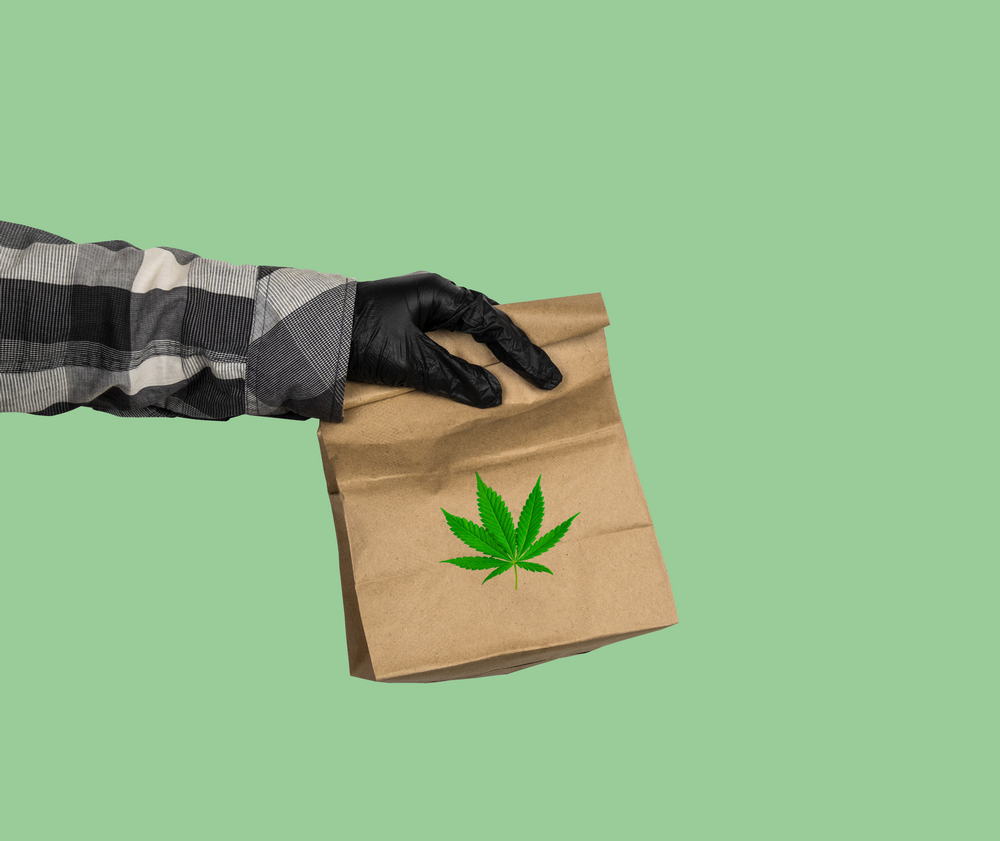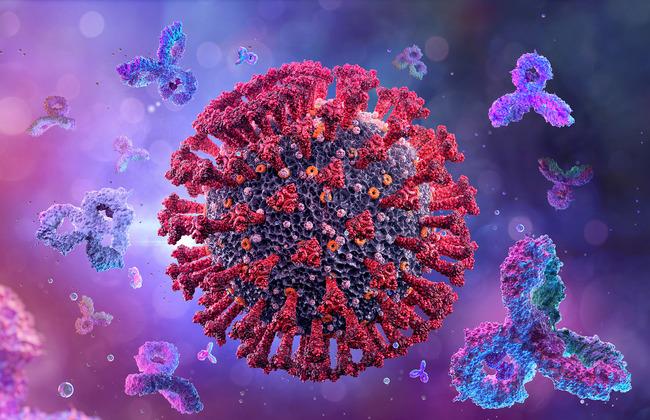Here is an interesting question for anybody who follows state-legal marijuana: could home delivery eventually upend the illicit market? Think about it. Why do marijuana users continue to do business with black marketeers in states where cannabis is legal? Figure that out and you might make a case for home delivery eating into illicit operator profits.
For the record, marijuana home delivery is only available in some of the states with legalized cannabis. But delivery is a quickly growing option as lawmakers and regulators come to terms with its ability to drive the industry.
Utah has allowed home delivery of medical cannabis for more than a year. On the other hand, New York did not approve delivery until recently. Their new delivery program is aimed at jumpstarting the recreational use market. That could be the key to reducing the black market.
A Medical Necessity
To get a handle on what all of this means, let us start with a discussion of Utah’s medical cannabis program. Utah does not allow recreational use. All legal cannabis in the state is medical cannabis. Furthermore, only valid medical cannabis cardholders can walk into a dispensary like Salt Lake City’s Beehive Farmacy to purchase product.
As far as Utah is concerned, cannabis is a medical necessity for a small number of qualifying conditions. The illicit market undoubtedly still exists in the Beehive State, but not nearly to the extent you’ll find in California, Washington, Colorado, and other recreational use states.
This indicates that home delivery in Utah would probably have very little impact on the illicit market. The demand for illicit marijuana just isn’t as great as it is in other states.
Delivery in Recreational States
Moving on to recreational states like New York and California, the illicit market thrives because demand is much higher. What do illicit operators offer that their legitimate counterparts cannot? A pricing structure unaffected by state taxes and regulations.
In the simplest possible terms, illicit growers can sell their marijuana cheaper because they do not pay taxes. They don’t pay for state licenses. They do not invest money in all the onerous regulations their legitimate competitors are stuck with.
Delivery could level the playing field. Not so much on price mind you, but on convenience. We already know consumers are willing to pay higher prices on all sorts of things if delivery is included. Their willingness explains why companies like Instacart and Grubhub do so well despite higher prices brought on by delivery fees and driver tips.
Competition for Delivery Business
At the current time, illicit operators do their best to remain in the shadows. They do not run around town making marijuana deliveries door-to-door. Instead, they set up discrete locations and require customers to come to them. The question is this: are their prices cheap enough to convince customers to continue buying from them instead of having product delivered to their homes?
Based on our collective penchant for convenience, it seems plausible that a large share of customers would rather pay extra and get home delivery. That being the case, illicit operators would have to make a choice. They would either need to be willing to compete in the delivery market or live with a lower market share. It is hard to say which way they would go.
Home delivery probably will never put illicit operators out of business. But it could upend their business models to some degree. Home delivery could make it more difficult for them to generate the revenues they are used too. Simultaneously, legitimate operators would benefit from increased business from customers who prefer convenience over price.









Leave a Reply